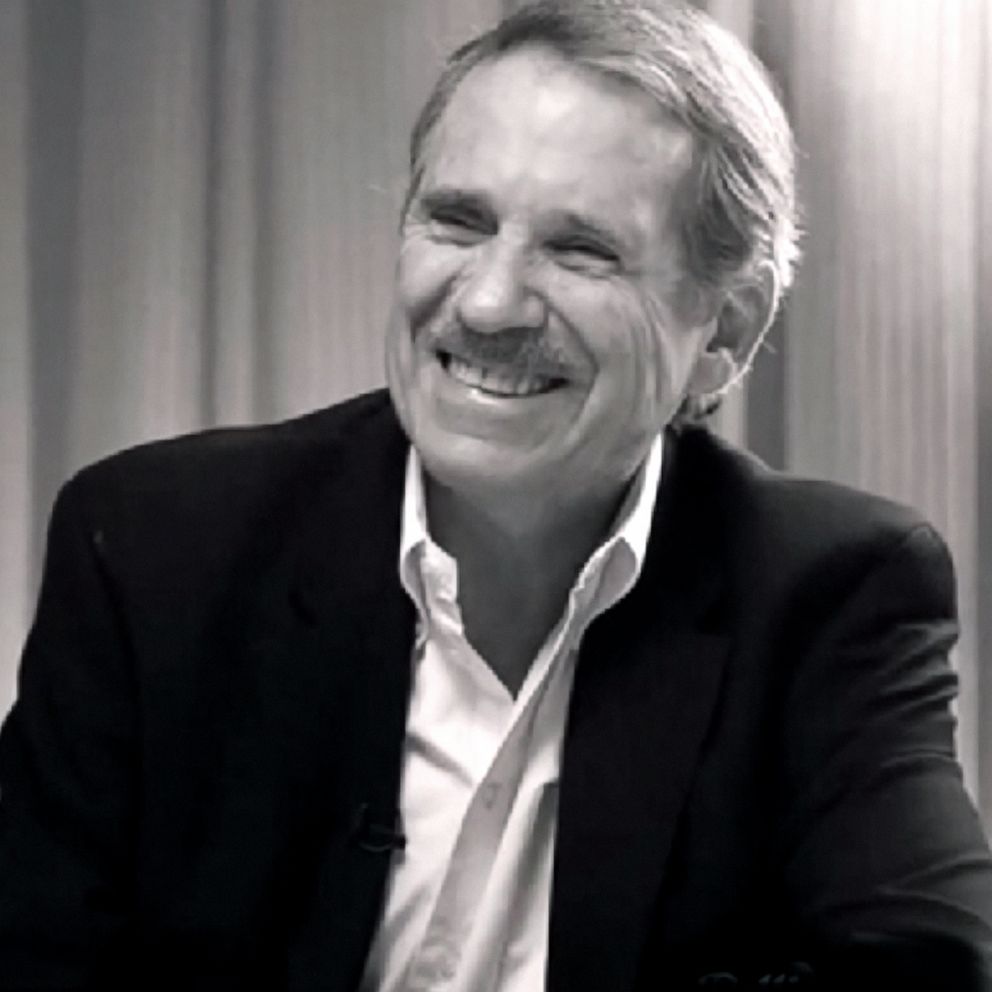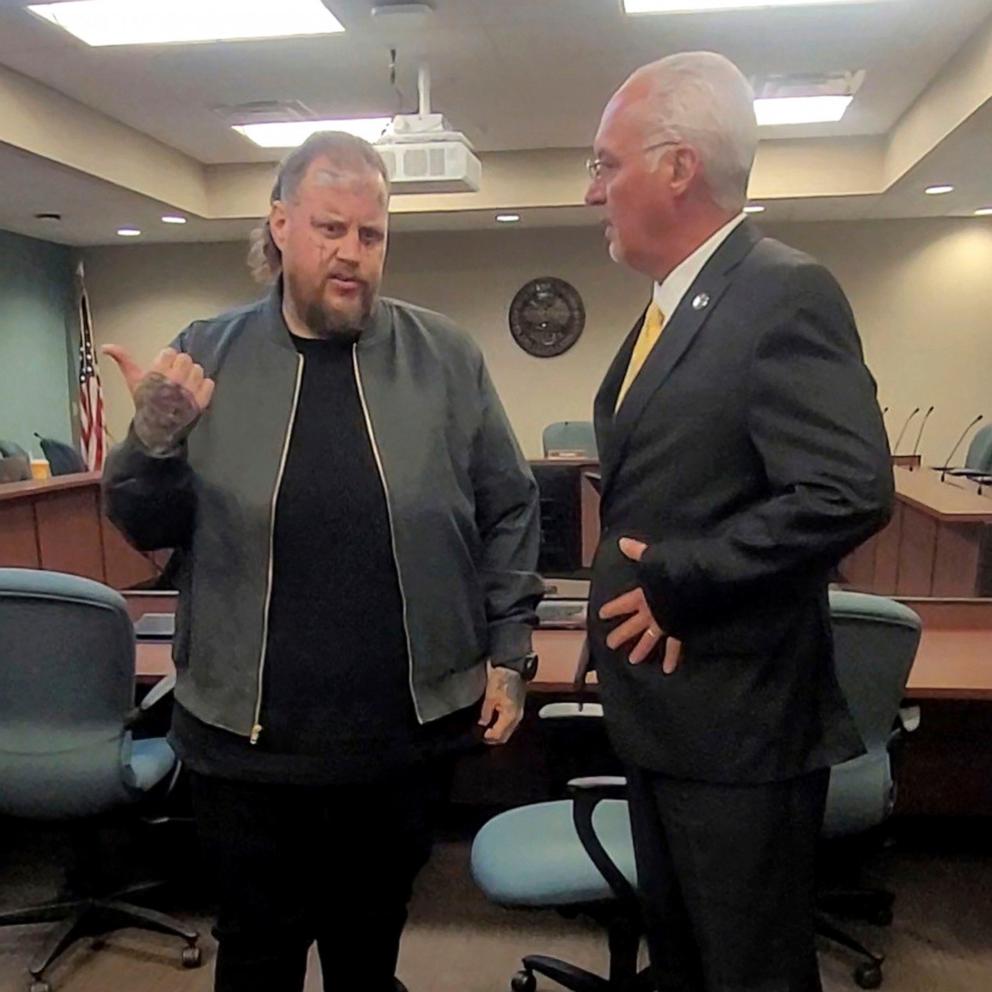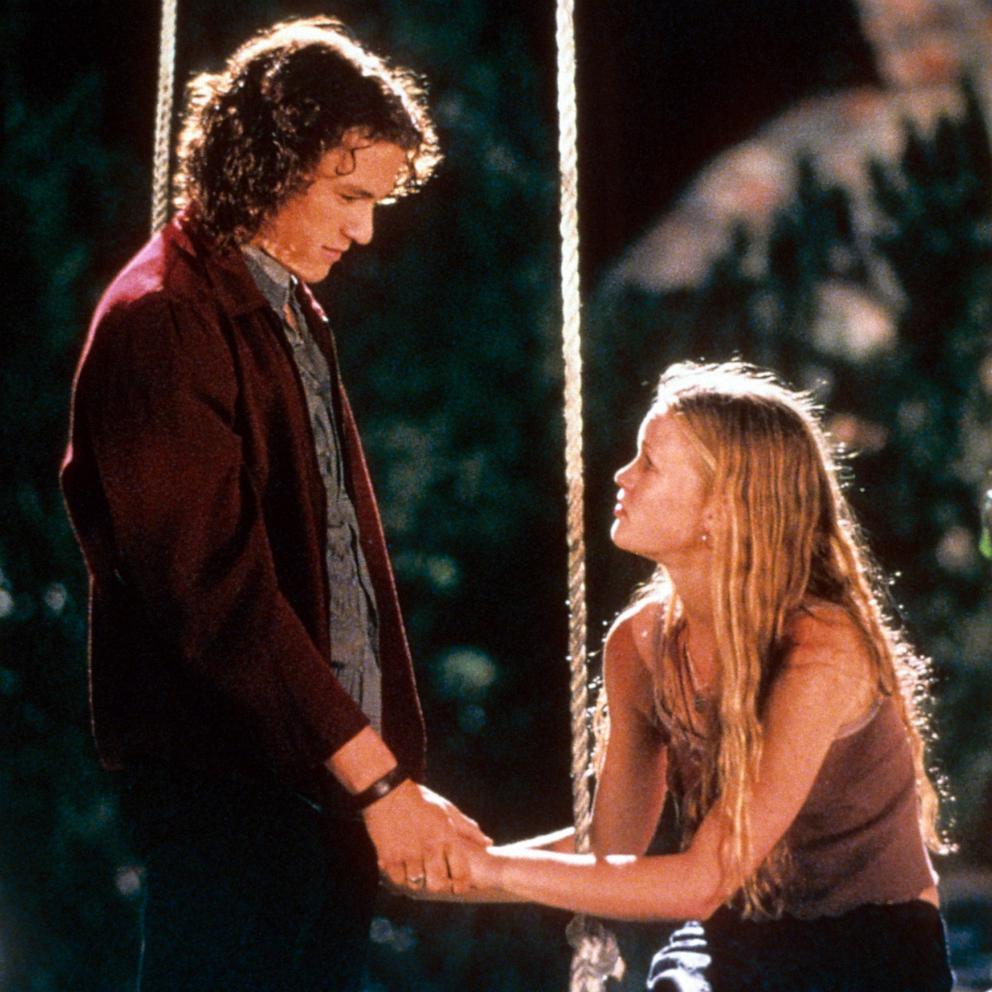Review: 'Painkiller' works best as a cautionary tale for users and abusers to wake up before it's too late


Fictionalized takes on true stories are usually a problem for me. And "Painkiller," the six-part series streaming on Netflix," isn't immune from condensing, compositing and exaggerating for so-called dramatic purposes. What feels real is the rage over the ongoing opioid crisis.
Based on the book "Pain Killer" by Barry Meier and the New Yorker Magazine article "The Family That Built the Empire of Pain" by Patrick Radden Keefe, the limited series, executive produced and directed in a fever by Pete Berg, works up a justifiable head of steam.
The target is the Sackler family who run Purdue Pharmaceuticals and started in 1996 to sell OxyContin as a nonaddictive miracle drug against pain in full knowledge that Oxy is a killer ("heroin wrapped up in a pretty little pill") that turned families into junkies hungry for a fix.

In a daring casting choice that powerfully pays off, perennial nice-guy Matthew Broderick -- Ferris Bueller himself -- stars as Richard Sackler, the Big Pharma czar who hides his activities under a mountain of charitable donations that paint his family as saviors.
Berg points out that the Sacklers made themselves unavailable for his series. "They're very good at not talking," he says. The Oscar-nominated 2022 documentary "All the Beauty and the Bloodshed" depicts the campaign of artist and Oxy addict Nan Goldin against the Sacklers, who ultimately paid a $6 billion settlement to avoid current and future lawsuits. Ain't justice grand!
In "Painkiller," Emmy winner Uzo Aduba ("Orange is the New Black") leads the charge against the Sacklers as Edie Flowers, an investigator from the U.S. Attorney's office. She's a a composite character invented to represent all the futile legal attempts to bring the Sacklers to justice.
Taylor Kitsch, who starred in Berg's "Friday Night Lights," appears as Glen Kruger, a mechanic who becomes addicted to Oxy after a doctor prescribes it for an on-the-job injury. How many Glens followed the same path to destruction? The series hints it's hundreds of thousands.

In shocking moments, Sackler tells his employees that medicine is not a cure. It's really about sales and marketing, about running from pain and towards pleasure. And, of course, exploiting both goals for fun and profit.
An army of young beauties, described as "drug dealers in ponytails," are recruited to flirt with doctors to increase doses of Oxy and getting bonuses based on how many milligrams of the drug they could persuade their doctors to prescribe. West Duchovny, the daughter of David Duchovny and Tea Leoni, excels as a new recruit who begins to see how she's being used.
Broderick's potent performance of smiling evil is somewhat diminished by the script's absurd suggestion that Richard might be growing a guilty conscience over time. If so, too little, too late.
As a series, "Painkiller" hits hardest when it sticks to the unvarnished truth. Each of the six episodes is introduced by a real parent who has lost a son or daughter to the Oxy epidemic. "My story has not been fictionalized," says one mother, holding a photo of her Oxy-addicted son, who died cold and alone in a gas station toilet.
Her words and the tragic loss etched on her face are undeniably moving, and certainly more effective than anything this overkill of a series can dream up. "Painkiller" works best as a cautionary tale for users and abusers to wake up before it's too late.



